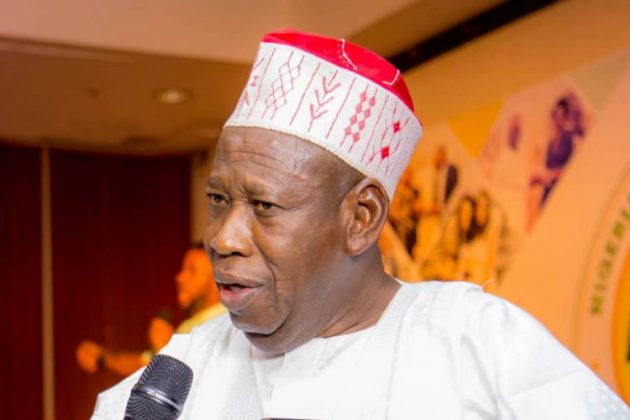Kano State Council of Ulamas has opposed the decision by Governor Abdullahi Umar Ganduje to allow mosques and churches to resume congregational prayers.
They insisted that the decision could increase the rate of infections in the state considering the rising cases of the coronavirus of recent.
Speaking on BBC Hausa Service as quoted by the Premium Times, the head of the council, Sheikh Ibrahim Khalil, said the government should have considered the continued spread of the virus before taking the decision.
READ: Kano issues protocols for Eid, Friday prayers
He said had the government sought the advice of the Council of Ulamas, it would have suggested that priority should be given to the health of the people.
“In this period of the epidemic, since the government has allowed congregational prayers to hold, individuals can also decide for themselves not to risk their lives, especially those with underlying illnesses should stay at home instead.
“Those that feel they can go to a mosque, if they don’t have any problems, can go ahead and pray in congregations.
“There is no sin for anyone that does not go to mosque as far as he has concrete reasons,” Khalil said.
READ: COVID-19: Bauchi relaxes lockdown, lifts ban on religious gathering
It has been reported that Governor Ganduje had announced the lifting of the ban on congregational and ‘Eid’ prayers, insisting that the people must continue to obey the physical distancing protocol.
The governor’s directive came moments after the Secretary to the Government of the Federation (SGF) and head of the presidential task force on COVID-19, Boss Mustapha, announced President Muhammadu Buhari’s extension of the lockdown in Kano by an additional two weeks.
Ganduje’s spokesperson, Salihu Tanko, in a brief statement posted on Facebook, had said the governor’s decision was based on “recommendations by 30 Islamic scholars in the state” who asked Ganduje to allow Friday prayers to hold as well as Eid prayers.
He said the governor gave the directive; “after a lengthy consultation with the Islamic scholars and other government officials.”

 Join Daily Trust WhatsApp Community For Quick Access To News and Happenings Around You.
Join Daily Trust WhatsApp Community For Quick Access To News and Happenings Around You.


